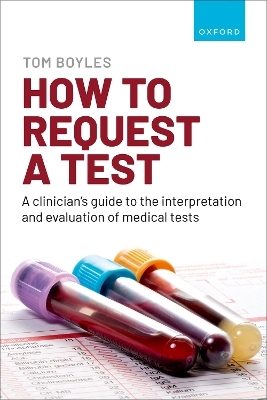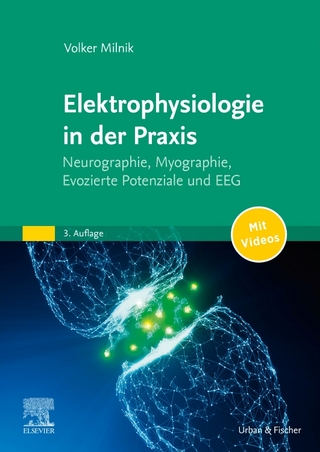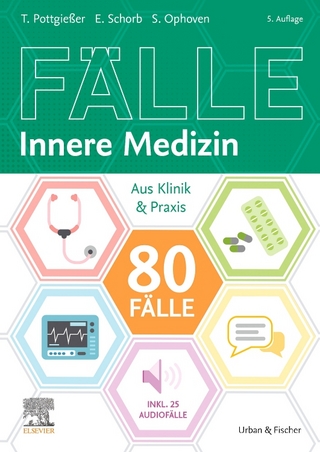
How to request a test: A clinician's guide to the interpretation and evaluation of medical tests
Oxford University Press (Verlag)
978-0-19-286661-5 (ISBN)
Medical tests consume considerable resources and yet making requests is often left to the most junior members of the team. Medical schools often under prepare junior doctors for these tasks so they tend to request large numbers of tests to make sure 'all bases are covered' by the time a more senior colleague attends to the patient.
Beginning with naïve questions such as 'what is a medical test?' and 'why do we perform tests?', the book also covers the evaluation of tests from a public health perspective and helps the readers to determine whether a test should be introduced into clinical care. By describing the basics of medical decision making based on probability thresholds, students will learn how to avoid unnecessary testing when results are unlikely to influence patient relevant decisions, and the pros and cons of using metrics such as sensitivity, specificity, and predictive values.
Illustrated throughout with real life examples from multiple medical and surgical specialties, it concludes with a novel checklist for doctors to consider every time they think of requesting a test.
Written by a clinician for clinicians, this book is ideal for medical students and junior doctors. It provides everything they need to know to become experts at requesting tests. It will support them in requesting the most appropriate and effective tests, and inform them on how to interpret results, improving patients' outcomes.
Dr Tom Boyles qualified in Medicine from Oxford University in 2000 and completed Membership of the Royal College of Physicians in 2004. He later moved to South Africa in 2007, and gained an MD from the University of Wales, Cardiff in 2008. He worked as an HIV physician in a deeply rural area before moving to Cape Town in 2010. He completed sub-specialty training in Infectious Diseases in 2012 and has been a consultant ever since. He spent three months working on the Ebola outbreak in Sierra Leone in 2014/5. He has now returned to rural medicine and has settled in Johannesburg.
1: Introduction
2: Determining the accuracy of a test
3: Test accuracy, sensitivity and specificity
4: Test accuracy as positive and negative predictive values
5: Test accuracy as likelihood ratios
6: Decision thresholds
7: Frameworks for evaluating medical tests
8: Diagnostic and prognostic research
9: Impact studies
10: Evaluation of novel a test
11: Conclusions
| Erscheinungsdatum | 16.03.2023 |
|---|---|
| Verlagsort | Oxford |
| Sprache | englisch |
| Maße | 155 x 234 mm |
| Gewicht | 210 g |
| Themenwelt | Medizin / Pharmazie ► Medizinische Fachgebiete |
| Studium ► 2. Studienabschnitt (Klinik) ► Anamnese / Körperliche Untersuchung | |
| ISBN-10 | 0-19-286661-3 / 0192866613 |
| ISBN-13 | 978-0-19-286661-5 / 9780192866615 |
| Zustand | Neuware |
| Informationen gemäß Produktsicherheitsverordnung (GPSR) | |
| Haben Sie eine Frage zum Produkt? |
aus dem Bereich


